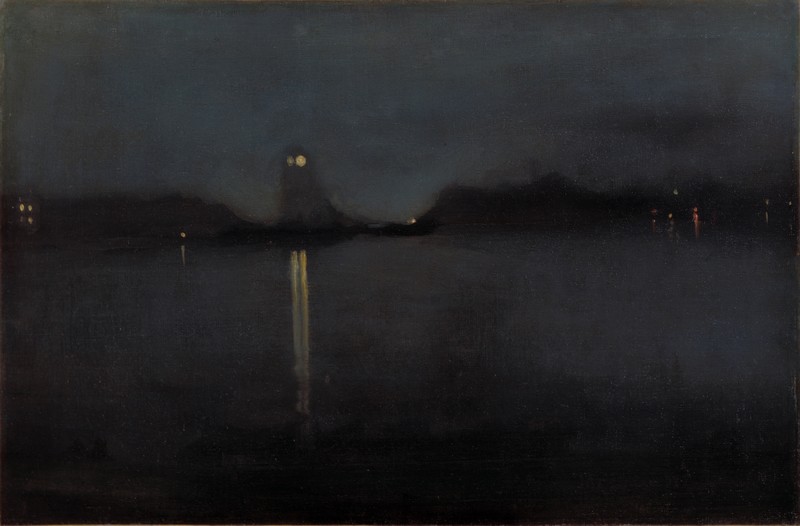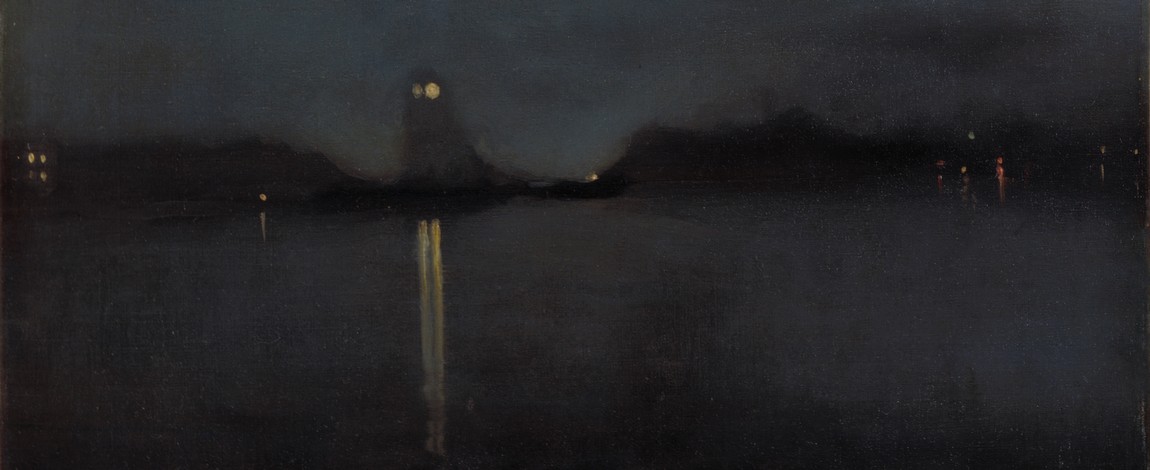
I was unable to prepare an article for this week due to lack of time. Fortunately, I had a couple more songs written from Richard Dehmel's poem Die stille Stadt, and this allowed me to publish what will probably be the shortest entry to Liederabend.
Die stille Stadt by Sibelius, the first we heard, is from 1906, and the one by Alma Mahler, which we heard last week, is from 1901. They are practically contemporaneous. The third one I propose to you is from 1921, that of Hans Pfitzner. There is an enormous gulf between the two eras socially, with the Great War in the middle, but we do not hear it in Pfitzner's song. He attacked the new musical trends that advanced with the century and chose to keep evolving through the path of post-romanticism.
This Die stille Stadt is essentially strophic. The vocal line is maintained (more or less) stanza by stanza, and the accompaniment is responsible for conveying the concern and oppression we perceive in the poem. In broad terms, the piano moves through the central register in the first stanza and darkens into the second, as the fog falls. In the third stanza, we discover that there is a lost wanderer; the piano finds the way to the sharp register, while the wanderer finds his, thanks to the light and the singing of the children.
I will leave you the interpretation of Iris Vermillion and Axel Bauni. I hope you enjoy it and that I will not have to rush to present a fourth version of Dehmel's poem to you.
Liegt eine Stadt im Tale,
Ein blasser Tag vergeht.
Es wird nicht lange dauern mehr,
Bis weder Mond noch Sterne
Nur Nacht am Himmel steht.
Von allen Bergen drücken
Nebel auf die Stadt,
Es dringt kein Dach, nicht Hof noch Haus,
Kein Laut aus ihrem Rauch heraus,
Kaum Türme noch und Brücken.
Doch als dem Wandrer graute,
Da ging ein Lichtlein auf im Grund
Und durch den Rauch und Nebel
Begann ein leiser Lobgesang
Aus Kindermund.
A pallid day fades.
It will not be long now
Before neither moon nor stars
But only night will be seen in the heavens.
From all the mountains
Fog presses down upon the town;
No roof may be discerned, no yard nor house,
No sound penetrates through the smoke,
Barely even a tower or a bridge.
But as the traveller became filled with dread
A little light shone out,
And through smoke and fog
A song of praise began,
Sung by children.
(translation by Sharon Krebs)















Comments powered by CComment